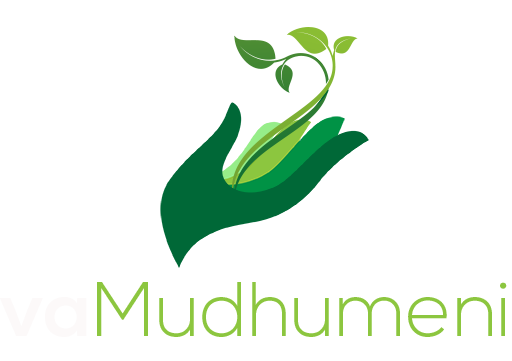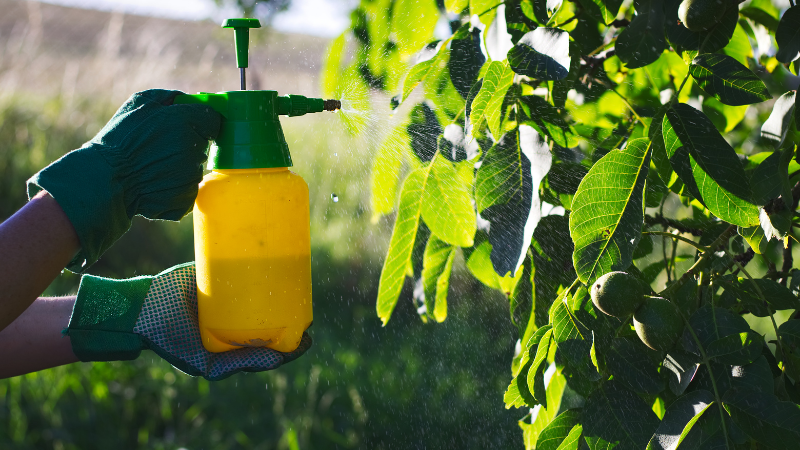By Albert Makendenge
Colleagues in both work places, without a shadow of a doubt, tell you that they have been commanded or requested by those above them to go that extra mile or to give that extra 10 percent in order to move closer and closer to their targets. Even our very personal demand that we push ourselves to the utmost limit. And when it comes to farmers there always seems to this natural feeling and temptation that perhaps two or more extra grams of fertilizer or manure could come with an increase in the yield but the law of diminishing returns says otherwise.
If for every gram of fertilizer added (time after time) there would be a corresponding and continuous increase in output, then not a soul would be complaining about food insecurity. If every unit of labor or energy used were to be rewarded by an ever-increasing output then every farmer would be going after all the manpower and kilojoules they can get. But fortunately or unfortunately, depending on how one looks at it, the soil can only take so much and the crops can only positively up to a certain point. Just like the saying goes that too much of everything is never good. The law of diminishing returns states that there will be a point where the additional output of maize, for instance, gained from one additional unit of fertilizer will be smaller than the additional output of maize in the previous increase in fertilizer. Continuing to add more and more units of fertilizer after this point is therefore counter-productive and will only lead to costly wastages.
So the next time you are tempted to continue giving their crops that little bit extra, remember that after a certain point this will only diminish the chances of profit maximization. As a result of increased costs of inputs that are not sufficiently or adequately rewarded.

